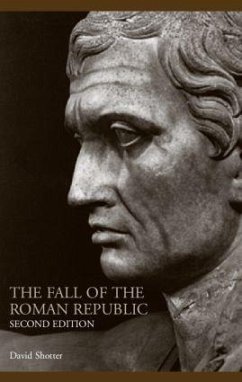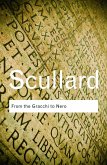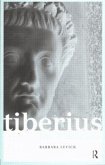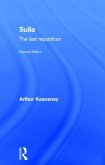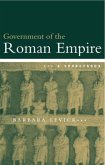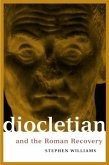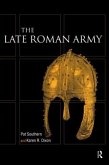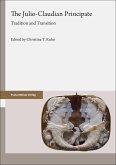Revised and updated to include the latest research in the field, this second edition of a popular history text examines how the Roman republic was destabilized by the unplanned growth of the Roman Empire.
Central discussion points include:
the government of the republichow certain individuals took advantage of the expansion of the empireJulius Caesar's accession to powerthe rise of the Augustan principate following Julius Caesar's murder.
Drawing on a wealth of recent scholarship and including an expanded and updated guide to further reading, a chronology, and a guide to the provinces of the Roman Empire, students of history and classical studies will find this a helpful and accessible introduction to this complex period in history.
Central discussion points include:
the government of the republichow certain individuals took advantage of the expansion of the empireJulius Caesar's accession to powerthe rise of the Augustan principate following Julius Caesar's murder.
Drawing on a wealth of recent scholarship and including an expanded and updated guide to further reading, a chronology, and a guide to the provinces of the Roman Empire, students of history and classical studies will find this a helpful and accessible introduction to this complex period in history.
'This is an impressive piece of publishing worth anyone's time and money.' - History Teaching Review
'This book should serve its intended audience well, stimulating rather than blunting whatever enthusiasm it may have for the subject' - Robin Seager, The Classical Review
'This book should serve its intended audience well, stimulating rather than blunting whatever enthusiasm it may have for the subject' - Robin Seager, The Classical Review
'This is an impressive piece of publishing worth anyone's time and money.' - History Teaching Review
'This book should serve its intended audience well, stimulating rather than blunting whatever enthusiasm it may have for the subject' - Robin Seager, The Classical Review
'This book should serve its intended audience well, stimulating rather than blunting whatever enthusiasm it may have for the subject' - Robin Seager, The Classical Review

